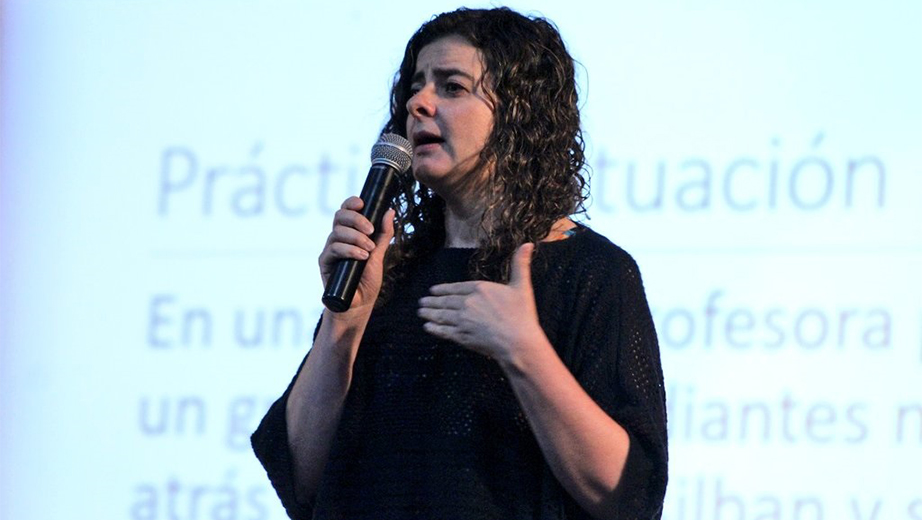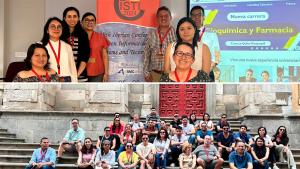Actions against child exploitation and sexual abuse
Actions against child exploitation and sexual abuse
The university and Global Networks of Religion for Children (GNRC) and World Vision Ecuador organized the 2nd Forum "Alternatives and actions against child exploitation and sexual abuse in Ecuador" in order to reflect on violence in our country and people's attitudes regarding these situations.
Fernanda Jaya, member of the State Attorney General's Office, comments that "sexual abuse of children is a reality in the country and it is estimated that approximately 1500 children become victims of abuse", she also pointed out about the model of Finkelhor (1984) that foresees the barriers that a sexual abuser has to overcome to reach their goal and that, if these barriers are identified, it can be prevented in time
Marco Laguatasi, national coordinator of the Global Network of Religions for Children (GNRC) - Ecuador added that the naturalization of physical and psychological aggression generates a normalization of these abusive behaviors that can lead to subsequent sexual violations. Silence, when these cases are not reported, continues to violate the rights of children and young people in spaces where they should feel safe as in the family, school or church.
Paz Guarderas, a professor and researcher at UPS, presented her research on the subject of youth related to sexual harassment within universities. "It is a gender issue and responds to a hierarchical rape logic and the cultural configuration that is present in the different hegemonic forms of relating with each other (...) we are in a patriarchal society and we have to recognize our places of privilege that is marked by the issue of gender and ethnicity" she said.
The speakers concluded that if any act of vulnerability and violence is stopped from the beginning, there is the possibility of restricting sexual, physical and psychological aggressions. Cases of incest, rape, harassment and abuse that generate forced maternity, irresponsible paternity, where children and youth are frustrated with their life plans. It is the responsibility of adults to protect them from situations of vulnerability, to strengthen their capacities, to empower them so that their voices are heard, to generate safe environments and to have action plans to diagnose, identify and stop risk situations so that in the future children and young people are not frustrated with the patterns of violence that mark their souls and sociocultural behavior.






Follow us
Follow us